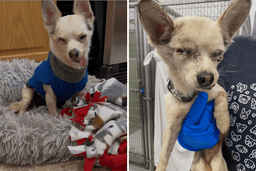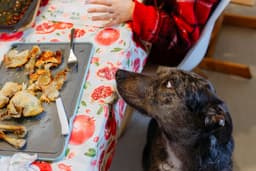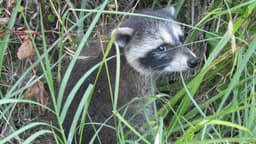Home / Health / Could Your Dog Have Autism? New Signs Revealed
Could Your Dog Have Autism? New Signs Revealed
21 Nov
Summary
- Dogs may exhibit autism-like traits due to brain similarities with humans.
- Experts identify repetitive actions, social changes, and sensory sensitivities.
- Consistent routines and positive reinforcement aid dogs with these behaviors.

The concept of dogs displaying autism-like traits, observed since the 1960s, is gaining renewed attention. Researchers suggest that structural and chemical brain differences in canines make them susceptible to neurodevelopmental conditions similar to those in humans. While no formal veterinary diagnosis exists, experts point to specific behavioral patterns that may indicate such traits.
These behaviors generally fall into three categories: repetitive actions, changes in social interaction, and sensory sensitivities. Compulsive actions like tail chasing or excessive paw licking can limit a dog's engagement with their environment and family. Atypical social cues, such as avoiding eye contact or showing decreased interest in play, also signal potential difficulties.
Furthermore, heightened sensory sensitivities to everyday sounds or textures, alongside unusual communication methods, are noted. Supporting dogs exhibiting these traits involves establishing consistent routines, employing positive reinforcement training, and enriching their environment with tools like puzzle feeders or calming aids. Environmental adjustments and gradual desensitization can significantly improve their well-being.




